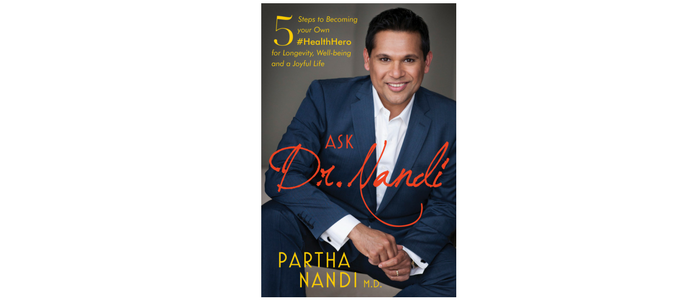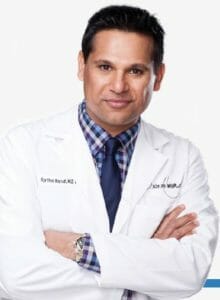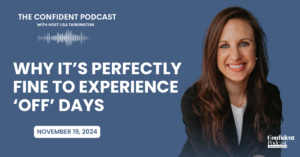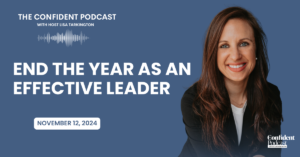How Self-Love and Your Gut Are Related
Self Love Beauty continues to help others find self-love. I recently have been working more and more with a fantastic company that is working to get the word out about mental health, self-care and self-love. I had to the opportunity to recently interview Dr. Partha Nandi, leading physician and author of Ask Dr. Nandi.
I am currently reading his book and can’t wait to share what I learn! Self-love and health definitely have a correlation. I personally am interested because through my journey to find self-love, health and fitness have definitely contributed to it.
I was very intrigued to learn from this doctor. Check out my interview below. Some of these things we definitely have heard before but it is a great reminder how very true they are!
1. Irritable bowel syndrome (IBS) seems to be a leading issues for many people. What advice do you someone that has IBS and changing their diet?
People who have IBS should avoid lactose, some fruits such as apples, pears, dried fruit, some vegetables such as broccoli, cabbage and cauliflower, beans, high fat foods, and coffee. Avoiding these foods can help curb symptoms associated with IBS.
Eat to ease the pain. Eat little meals but often, set an eating schedule, boost beneficial bacteria, try an antispasmodic (relieve the pain), add mint, calcium and turmeric to your diet and understand how the gut works with the brain (the gut has more nerve cells than the spine and this means brain and gut constantly exchange messages….if brain is unhappy, so is gut). You may also want to consider some other options, such as cannabis for IBS. It could help ease the inflammation and pain some.
3. Do you think stress leads to gut issues? If so, what tips would you give someone that has stress in their life.
In recent years, researchers have learned that the gut contains more nerve cells than the spinal cord and that the brain and gut constantly exchange messages. This means that whatever affects the brain is likely to affect the gut. Scientists devised the term ‘brain-gut axis’ to describe this close relationship between the brain and the gut.
When those with IBS take steps to reduce stress, anxiety and depression by calming their mind, they can calm their gut too.
Meditation, yoga, mindfulness, therapy, find the cause of the stress and try to get rid of it.
4. What 5 foods and amount of them would you recommend to someone who is have gut issues?
Soy Milk, Sweet Potatoes, Bananas, Quinoa, Lean Proteins such as chicken, fish, and turkey. It’s best to eat the fruits and vegetables in one sitting at a time. Once you find out what works best for you, it will be easier to load up on these healthy nutrients without worrying.
5. Why is taking care of your gut so important?
“All disease begins in the gut.” -Hippocrates
This has been thought true for centuries and research seems to prove this is true. It is now estimated that over 3/4 of our immune system resides in our intestinal track, with over 500 species of bacteria present.
Overall, there are ten times the number of bacteria in the body as actual human cells, and this colonization of bacteria (good or bad) can weigh up to three pounds. With such a large concentration of bacteria in our bodies, it is logical that we depend rather heavily on them for health.
6. Why did you decide to become a gastroenterologist?
At the age of 6, I was diagnosed with rheumatic fever, a potentially life threatening disease of the joints and heart. A specialist in Bangalore, India, charismatic and warm, Dr. Chandrasekhar put me at ease. I spent the next 10 days in the hospital, where another health hero emerged, my father, who remained at my bedside with uplifting support for the duration of my hospital stay. Though released from the hospital, I remained on bed rest for a year before making a full recovery. This was my first introduction to health care and inspired me to go into medicine.
The gut is such an important part of our health and I wanted to help my patients and colleagues conquer their Digestive and health problems. If you believe you need my services or the services of an equally-qualified gastroenterologist then you may wish to search colonoscopy Sydney.
7. How does self-love and a healthy lifestyle relate?
Research has found that people who have a more positive image of themselves and their being tend to eat healthier, have better inter-personal relationships, work out more and live a healthier lifestyle
8. I am extremely interested in understanding how the gut bacteria and the brain connect, can you share a little more detail with me on this? What can someone do differently?
Hidden in the walls of the digestive system, there is this “brain in your gut”. Research has found an incredible link between digestion, mood, health and even the way you think.
Scientists call this little brain the enteric nervous system (ENS). And it’s not so little. The ENS is two thin layers of more than 100 million nerve cells lining your gastrointestinal tract from esophagus to rectum. Researchers are finding evidence that irritation in the gastrointestinal system may send signals to the central nervous system that trigger mood changes. These new findings may explain why a higher-than-normal percentage of people with IBS and functional bowel problems develop depression and anxiety.
If there is serious issues, someone may be prescribed antidepressants and mind-body therapies like cognitive behavioral therapy (CBT) and medical hypnotherapy. “Our two brains ‘talk’ to each other, so therapies that help one may help the other. Some people also choose to use supplements such as Total Restore alongside these medications. Again, the use of meditation, yoga and other ways of relaxing can be beneficial.
9. I also am interested in how gut bacteria can make someone fat. Why is that? How can we prevent this?
The key to weight control is in the foods we eat and the bacteria in our colon. There is a new study in the journal Frontiers in Public Health that sheds light on a concept called overfat, which refers to an excessive amount of body fat that can impair health. It even applies to individuals who, according to the body mass index (BMI) scale, could be considered normal.
Dr. Partha Nandi also shared that foods that cause inflammation can damage the intestine. Instead, you should eat foods that can heal the intestine, which can promote a healthier lifestyle. He can also talk about how sugar, carbohydrates, preservatives, and additives are OUT, while anti-inflammatory healthy fats (flaxseed and avocado), fiber-rich Good’s (nuts and seeds) and fresh veggies are IN. For example, many aren’t aware that garlic, an antiseptic, is one of the ‘strongest allies.’
It is amazing to me more and more how our body reacts to what we put in it and how we treat it. Check out a follow up article after I am done reading his book!





